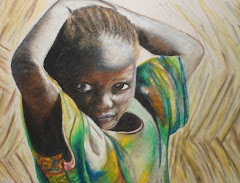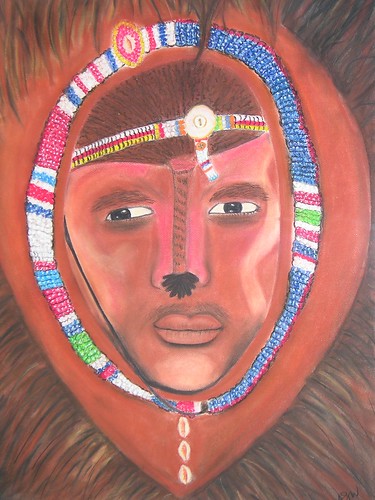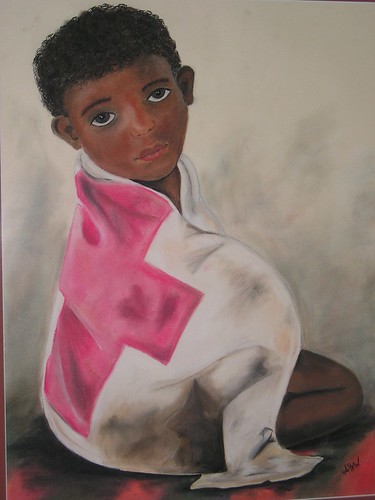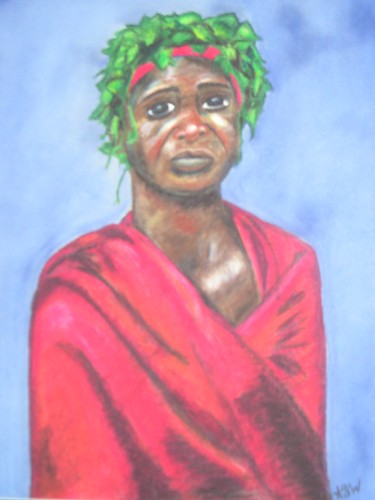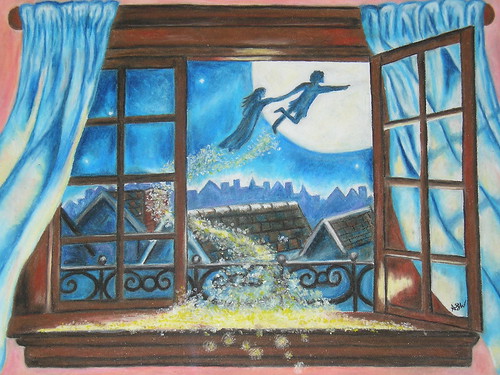Last weekend i went to the
World Vision AIDS
tent exhibit recommended by someone in my AIDS in Africa course.
World Vision promises the experience will "give you the opportunity to see, hear, and experience the greatest humanitarian crisis of our time."
The experience: You are given an MP3 player that guides you through the real life and story of a child who has been affected by AIDS. The first thing you are asked to do is clear your mind and put yourself in the place of that child in Africa. As the recoding of a women’s voice describes your life (or the life of the child you have been assigned), you walk through different rooms of the exhibit including your bedroom, a free clinic, and a chapel with pictures of people who have died from AIDS.
The stories (simplified):
Olivia - a young teenage girl who becomes pregnant and contracts HIV after being raped by a schoolmate.
Stephen - A young boy who is abducted and forced to become a child soldier
Beatrix - A seven-year-old girl whose sister (and only surviving relative) died during childbirth and is left alone to take care of the baby
I first walked through as Olivia. As I listened to the story and the facts given about HIV in the continent of Africa, I was shocked about the generalizations I was told. I was given facts and statistics that my professor had told us to be wary of. I was given information that completely contradicted the data and research that I have been studying for the past three months.
My disbelief continued as I listened to the story about the world vision "angel" who "saved" these three children. When I finished the 20-minute exhibit I was lead to a "reflection room" where I could write a letter to my congressman (well actually just sign a letter that had been written for me). I could make a bracelet to remind myself to pray for the poor dying children in Africa. I could even sponsor my very own African AIDS effect child and hang his or her picture on my refrigerator at home. I, for only a small payment each month, could help save the poor innocent African children.
I went through the exhibit two more times (once as each child). I wanted to know exactly what they were telling the groups of students being herded through the exhibit. No wonder people think Africa is a dark black hole. No wonder people think Africa needs to be saved. No wonder stereotypes about Africa are as common as they are. I realized how dangerous it is to give people only a small piece of a large picture, especially when that portion is distorted.
Here are some important ideas about HIV/AIDS that were
not presented by World Vision:
- HIV/AIDS prevalence and incidence has been greatly overestimated
- Most Africans know what AIDS is and how it is spread.
- Many Africans know how to avoid or prevent HIV transmission.
- The greatest cause of HIV transmission is from having multiple concurrent sexual partnerships.
- Thus, being married significantly increases your risk of contracting the virus.
- Being wealthy also significantly increases your risk.
- In general, women are not powerless or forced into their sexual relationships.
- Transactional Sex is not the same as prostitution or “sex work”
- Some of the most successful interventions have come from local African governments
Although I do believe that the specific life stories World Vision presents are accurate, I also believe that they inaccurately represent the AIDS epidemic in Africa. They promote stereotypes that Africans are somehow intellectually, morally, and socially inferior and they must be saved from their own lack of knowledge.
Why?
Because World Vision needs funding to sustain its organization and the AIDS work that it does. These are the ideas and stories that pull at people’s heartstrings … and their purse strings. These are the stories that get people to take action – to donate to the cause – to “save a life”.
I guess the real question is: Is it okay to perpetuate stereotypes if they result in funding for legitimate programs that attempt to alleviate the problem? A more universal questions: Do the ends justify the means? Who decides?















